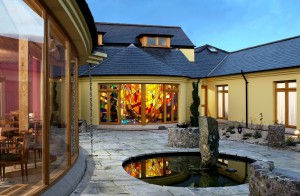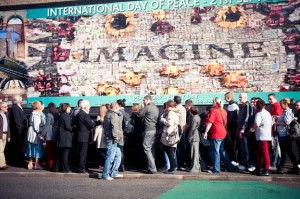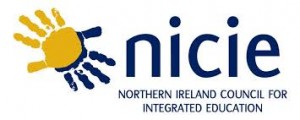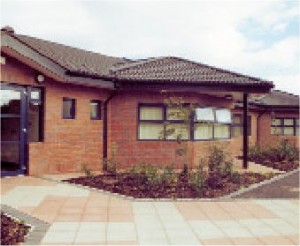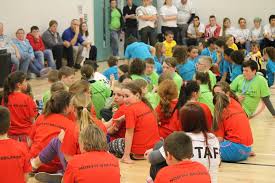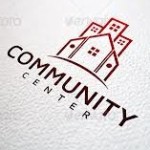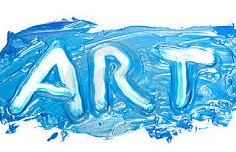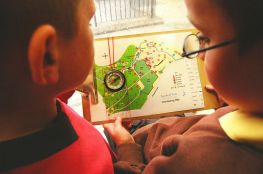Community Centers:
The Correymeela Community is a community center in Ballycastle along the northern coast of County Antrim. Correymeela provides a residential space where a wide variety of groups are encouraged to stay for a period of time to embrace differences and experience open communication. Youth groups from areas of Northern Ireland, especially where violence is commonplace, and school groups of Catholic and Protestant children dealing with sectarian divides are two examples of the many groups Correymeela hosts. You can access their website here, and their page on the Ireland Funds site here.
The Tara Centre was founded in 1996 and is located in Omagh, Northern Ireland. This community center provides professional services, such as counselling and psychotherapy, along with alternative medicinal approaches. In addition to offering these services, the Tara Centre provides an environment for healing and education. You can access their website here, and their page on the Ireland Funds site here.
Like the other kinds of organizations we examined, community centers provide alternate spaces to the outside world. They also involve far more diverse approaches towards peace and reconciliation. One interesting aspect of these programs is that they tend to cater to adults far more than the other areas we focused on. While sports, schools, and arts projects seemed to often target children as their audience of interest, community centers tended to express interest in working with adults too. Further, the community centers seemed far more interested in addressing or confronting memories of the conflict, rather than rendering the conflict more peripheral like the other approaches we examined. Perhaps this strategy is chosen because adults are more likely to have direct memories of conflict which they may desire to confront, whereas arts, sports, and school programs attempt to make their changes through less direct, more subliminal means.


